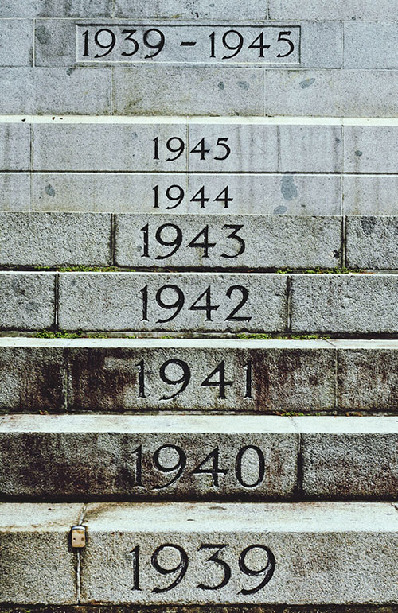How to commemorate the Sino-American WWII alliance
- By Gal Luft
 0 Comment(s)
0 Comment(s) Print
Print E-mail China.org.cn, August 25, 2015
E-mail China.org.cn, August 25, 2015
|
|
|
China to hold a military parade on September 3rd to commemorate the 70th anniversary of the World War II victory over Japan. |
China's decision to hold a military parade on September 3rd to commemorate the 70th anniversary of the World War II victory over Japan is causing Washington a headache. It requires the Obama administration to decide whether or not to dignify the event with official high level representation at the risk of offending Japan, but more so, it reminds America its historical role in healing the wartime animosity between China and Japan at a time when relations between the two Asian powers are already quite strained.
The dilemma is not a simple one. On the one hand China was America's lead Asian war ally. Millions of Chinese fought alongside American GIs in the China-Burma-India theater of war in an effort to stop the Japanese steamroller from conquering the entire Asia-Pacific region. More than 20 million Chinese perished from Japanese aggression during what is known in Asia as the Second Sino-Japanese War, which raged for a full eight years prior to V-J Day.
On the other hand, much has changed over the past seven decades. Japan turned from a militaristic autocracy to a pacifist democracy, sharing a close strategic alliance with the U.S., which still stations 100,000 military personnel and their dependents in the country. As America's third largest trading partner and number one debt holder, Japan holds the mainstay of the U.S. economy. The relations with China have more or less moved in the opposite direction. Only five years after the Sino-American victory, the People Liberation Army was fighting the U.S. in the Korean War. For the rest of the 20th Century, China was barely relevant on the world stage, but it then reemerged to become a major economic and military power viewed by many Americans as an adversary in the making.
What makes U.S. participation in the parade particularly sensitive is Japan's unwillingness to fully come to terms with its wartime actions. Japanese leaders have expressed regret over the atrocities committed by the Japanese Imperial Army during the war, pledging to never again resort to war, but they are yet to issue a formal and sincere apology to the Chinese. As a result, the war grievances, exacerbated by occasional visits of Japanese leaders in the controversial Yasukuni Shrine, still dim contemporary China-Japan relations and, untreated, they could lead to unnecessary tension in the region.






